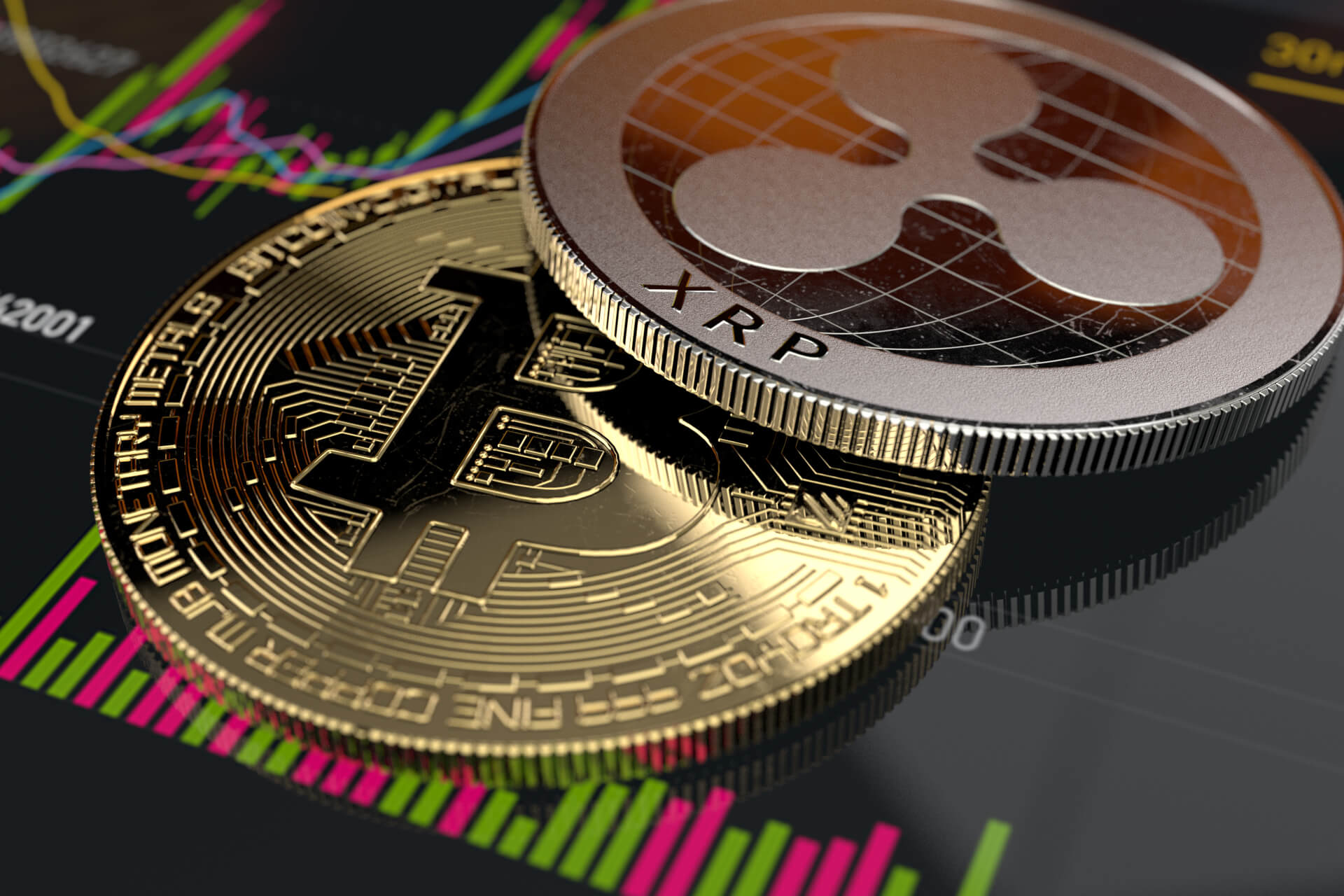Discover the escalating XRP Ripple-SEC legal battle, latest developments, and the future of cryptocurrencies.
Introduction: In the fast-paced and ever-evolving world of cryptocurrency, Ripple Labs finds itself entangled in a high-stakes legal confrontation with the U.S. Securities and Exchange Commission (SEC). Recently, a U.S. judge delivered a crucial ruling that permits the SEC’s lawsuit against Ripple to proceed to trial, marking a significant turning point in this closely followed case. In this blog post, we will delve deeper into the latest developments, explore the legal arguments from both sides, analyze the potential implications for Ripple and the broader cryptocurrency industry, and discuss the regulatory challenges in the cryptocurrency space.
The Verdict: Ripple Faces a Setback The judge’s ruling deals a significant blow to Ripple Labs as it allows the SEC to move forward with certain claims. This decision indicates that the SEC has sufficient evidence to support its allegations that Ripple conducted an unregistered securities offering through the sale of its XRP cryptocurrency. Consequently, the lawsuit accuses Ripple of engaging in an illegal securities offering, arguing that XRP should fall under the classification of a security according to U.S. securities laws. By allowing the case to proceed, the judge sets the stage for a trial that will ultimately determine the case’s outcome and potentially reshape the regulatory landscape for cryptocurrencies.
The SEC’s allegations against Ripple stem from the contention that XRP tokens were sold to investors as an investment contract, subjecting them to securities regulations. According to the SEC, Ripple raised funds by selling XRP tokens without registering them as securities, thereby violating federal securities laws. In response, Ripple vehemently denies these allegations, asserting that XRP is a digital asset functioning as a utility token, much like Bitcoin and Ethereum. Ripple maintains that XRP possesses genuine utility and is not an investment contract.
Legal Questions and Industry Ramifications: The Ripple-SEC legal battle raises crucial legal questions that extend beyond the immediate parties involved. One key debate revolves around the classification of XRP. On one hand, Ripple argues that XRP does not constitute a security but rather a digital asset, akin to Bitcoin and Ethereum. They contend that XRP functions as a utility token and, as such, falls outside the purview of securities regulations. Conversely, the SEC maintains that XRP should be considered a security since it was allegedly sold as an investment contract, making it subject to securities laws.
The trial’s outcome has the potential to establish a precedent for the classification and regulation of digital assets. Moreover, it could shape how regulatory bodies treat cryptocurrencies, determining the level of scrutiny and compliance required. As a result, this landmark case may influence future regulatory decisions and impact the broader cryptocurrency industry on a global scale.
At the heart of the legal debate lies the Howey Test, a legal framework established by the U.S. Supreme Court to determine whether an investment qualifies as a security. In essence, the test focuses on whether an investment involves an expectation of profits from the efforts of others. In Ripple’s defense, they must prove that XRP fails to meet the criteria of the Howey Test and should not be considered a security. Conversely, the SEC seeks to demonstrate that Ripple sold XRP to investors with the expectation of profits generated by Ripple’s efforts, thus constituting a security.
Ripple’s Defense and Investor Confidence:Throughout the legal proceedings, Ripple has vigorously defended its position, asserting that XRP is not a security and challenging the SEC’s allegations. Ripple argues that the SEC unfairly targets them, claiming that the lawsuit relies on outdated and inconsistent regulatory guidance. The company firmly believes that the SEC’s approach to regulating cryptocurrencies lacks clarity and has stifled innovation in the industry.
To strengthen their defense, Ripple highlights the genuine utility of XRP in facilitating fast and efficient cross-border transactions. They argue that XRP has a distinct use case within the RippleNet network, where financial institutions can utilize it as a bridge currency for liquidity and seamless transfers. Ripple asserts that the primary purpose of XRP is to serve as a digital asset that enhances the efficiency of global payments and does not rely on the efforts of Ripple Labs for profit generation.
The trial’s outcome carries significant implications for Ripple’s reputation and investor confidence. A favorable ruling would not only provide clarity on the regulatory status of XRP but also reaffirm Ripple’s standing as a major player in the cryptocurrency market. Conversely, an unfavorable outcome could have far-reaching consequences for Ripple and potentially impact the value and liquidity of XRP.
Broader Implications for the Cryptocurrency: Industry The Ripple-SEC legal battle has captured the attention of the entire cryptocurrency community. Many industry experts view this case as a litmus test for how digital assets are classified and regulated. Consequently, the verdict in this trial could have far-reaching ramifications for the entire cryptocurrency ecosystem. It may influence how other cryptocurrencies are perceived and regulated, potentially setting a precedent for future legal battles involving digital assets.
Moreover, the case highlights the need for clear and updated regulations in the cryptocurrency space. The industry has long grappled with the lack of regulatory clarity, leading to uncertainty and inhibiting mainstream adoption. Therefore, a well-defined regulatory framework that balances innovation and investor protection is essential for fostering a thriving and sustainable cryptocurrency ecosystem.
Regulatory bodies worldwide face the task of striking the right balance between encouraging innovation in the cryptocurrency industry and safeguarding investors from potential risks. The outcome of the Ripple-SEC case will likely inform regulatory decisions and policies on a global scale. Consequently, it has the potential to shape the future of the cryptocurrency industry by establishing guidelines and best practices for compliance, transparency, and investor protection.
Conclusion: A Watershed Moment The judge’s decision to allow the SEC’s lawsuit against Ripple to proceed to trial marks a crucial juncture in this high-profile legal battle. Ripple faces a setback as it confronts the charges brought by the SEC. The trial will not only determine Ripple’s future but also have broader implications for the regulatory environment surrounding cryptocurrencies.
As the legal proceedings unfold, all eyes will be on the courtroom, eagerly awaiting the resolution of this consequential case. The trial’s outcome could shape the trajectory of the cryptocurrency industry and influence how digital assets are regulated for years to come. Regardless of the verdict, this legal battle serves as a reminder of the challenges and complexities facing the cryptocurrency space as it continues to mature and seeks wider acceptance in the mainstream financial landscape. Consequently, it underscores the urgent need for regulatory clarity and a well-defined framework that fosters innovation while protecting the interests of investors and consumers. Ultimately, only through a harmonious balance of regulation and innovation can the cryptocurrency industry thrive and achieve its full potential as a transformative force in the global economy.

